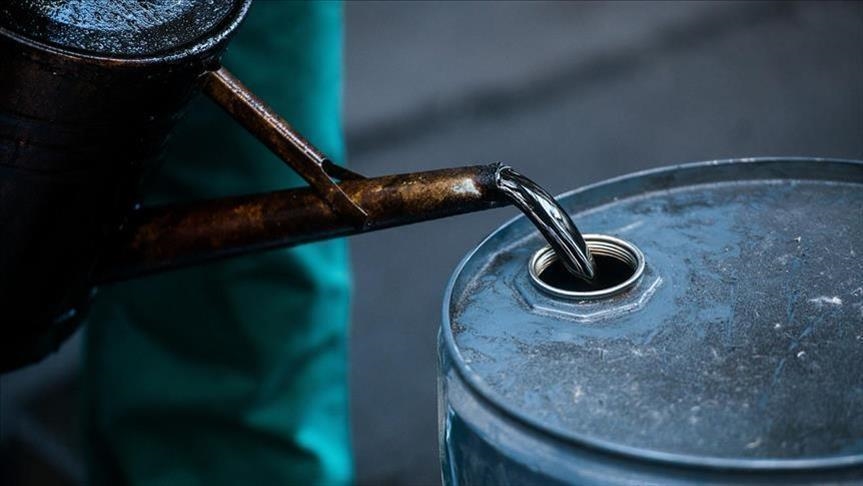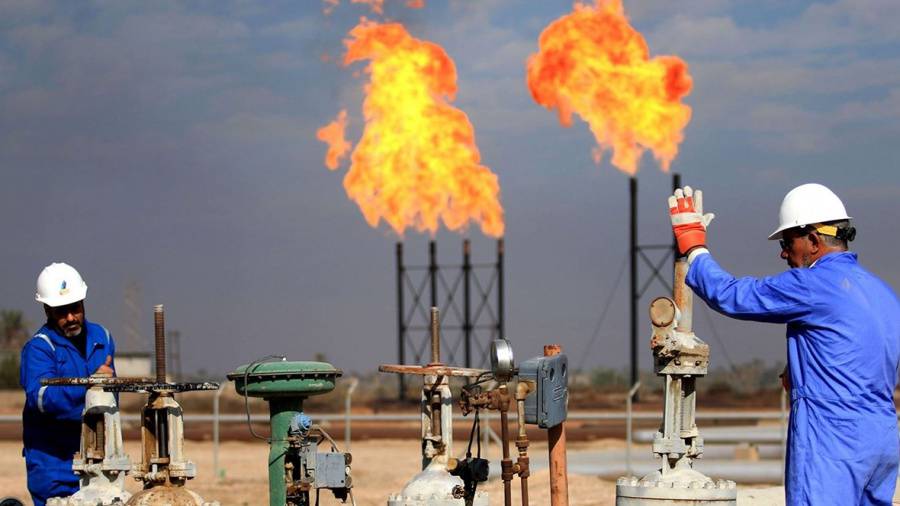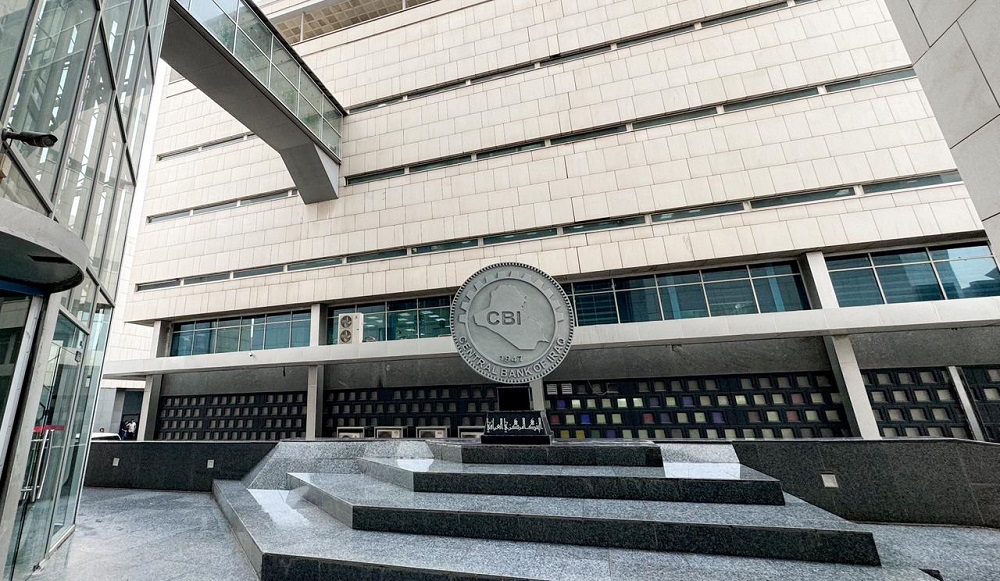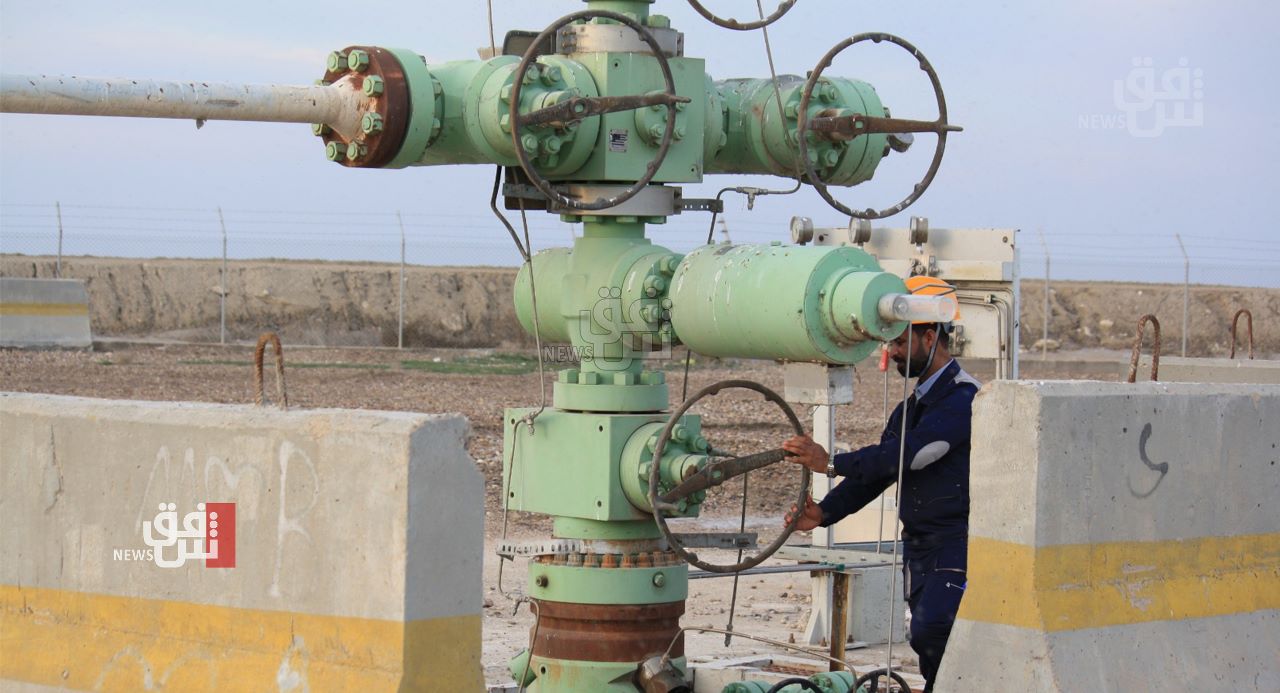Iraq blocks fossil fuel phase-out proposal at COP 29

Shafaq News/ Iraqi negotiating delegation successfully prevented the inclusion of any proposals related to phasing out fossil fuels after the 29th Conference of the Parties (COP 29) on climate change.
Youssef Muaid, Director of Climate Change at the Iraqi Ministry of Environment, announced on Sunday, that Iraq achieved this result after the conference was extended by two days. “Additionally, the conference approved Article 6 of the Paris Agreement, which pertains to carbon markets, as well as the new collective quantitative goal for climate finance,” Muaid added.
$300 Billion Climate Fund for Developing Nations
After two weeks of intense negotiations, world leaders agreed to establish an annual $300 billion fund to support developing nations in combating climate change. This commitment, effective until 2035, replaces the previous $100 billion annual pledge set to expire in 2025.
Developing nations accepted the deal after prolonged discussions, with debates centering on funding sources and contributors. Developed nations, including the EU and the US, endorsed the goal to break the deadlock. The fund aims to support emissions reduction efforts and bolster resilience against climate impacts in the Global South.
Negotiators also finalized rules for a global carbon credit market, which proponents argue will attract billions of dollars in investments for green projects.
Challenges of a Fossil Fuel Phase-Out for Iraq
For Iraq, OPEC's second-largest oil producer, the proposed phase-out of fossil fuels poses economic and infrastructural challenges. Over 90% of Iraq’s GDP and a substantial portion of government revenues are tied to crude oil exports. A rapid shift away from fossil fuels could destabilize public services and derail infrastructure projects.
Transitioning to renewable energy would require extensive reforms to modernize Iraq’s power sector, which is heavily reliant on fossil fuels.
However, environmental advocates argue that reducing fossil fuel dependency would bring long-term benefits, including lower greenhouse gas emissions and improved air quality. Iraq has already committed to emission reductions under the Paris Agreement but insists on a gradual approach rather than an outright phase-out.





